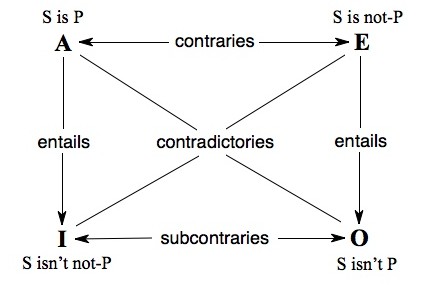Reference




OpenAI's Answer
Aristotle's arguments against Heraclitus' principle of contradiction are detailed primarily in his work "Metaphysics" (Book IV, Chapter 3–6). Let's explore the main points:
-
Principle of Non-Contradiction: Aristotle's principle of non-contradiction asserts that "the same attribute cannot at the same time belong and not belong to the same subject in the same respect." This is considered a foundational principle for scientific inquiry and logical reasoning (Stanford Encyclopedia of Philosophy).

-
Heraclitus' View: Heraclitus is known for his doctrine that everything is in a constant state of flux ("everything flows"), suggesting that realities are in constant change, leading to statements that can seem contradictory. Heraclitus posits that opposites coincide and that conflict is the essence of reality (Internet Encyclopedia of Philosophy).

-
Aristotle's Critique: In "Metaphysics Gamma," Aristotle critiques Heraclitus and other sophists who appear to embrace contradictions. Aristotle maintains that Heraclitus' acceptance of contradictions undermines the very possibility of knowledge and rational discourse. Aristotle refutes the idea that contradictory properties can coexist in harmony within the same entity, as it would make any form of definitive logical reasoning impossible (philarchive.org and researchgate.net).

-
Philosophical Implications: Aristotle's rejection of the Heraclitean view is essential for his broader metaphysical framework. By defending the principle of non-contradiction, Aristotle aims to establish a stable foundation for knowledge, ensuring that concepts can be coherently defined and understood without paradoxes (degruyter.com).
In summary, while Heraclitus viewed reality as a unity of opposites and constant change, Aristotle argued that this view collapses logical and rational discourse. Aristotle emphasized that the principle of non-contradiction is essential for any coherent method of communication or inquiry.
Follow Up
Related
What are some arguments for and against abiogenic petroleum production?
What arguments do legal feminists make against the legalization of prostitution?
Why does Southgate reject the 'means to an end' argument in evolution?
What incidental arguments are cited against the hypothesis of abiogenic oil?
What are the arguments against the biogenic origin based on the Athabasca Oil Sands?